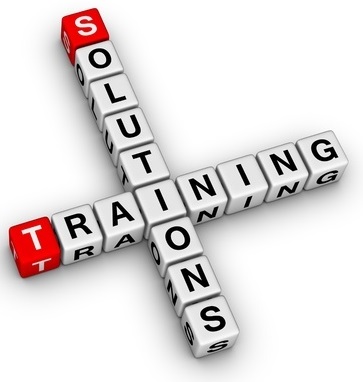
By the end of the season, your team will be experiencing psychological and physical fatigue. The higher the competition level and intensities, the higher the amount of fatigue. CNS (Central Nervous System) fatigue will take longer than physical fatigue which will dissipate within a few days. The softball transition phase is where many of the recovery / regeneration activities will be an advantage.
Detraining during the Softball Transition Phase
Athletes should continue to participate in physical activity. Maintaining gains that were achieved during the season is important not only for improvement purposes entering into the following year, but also to prevent de-training.
Physical Effects of Detraining
Speed is the first physical skill to deteriorate due to inactivity, followed by power, biomotor abilities and anaerobic endurance.
Detraining can happen within 2-3 weeks of inactivity and can cause the following symptoms:
- insomnia
- loss of appetite
- headaches
- exhaustion
- disruption of the digestive system
Return to training will reverse the effects however it is more effective to prevent these symptoms than to have to recover from them.
Psychological Effects of Detraining
The following psychological symptoms can occur as a result of an abrupt discontinuation of training:
- depression
- mood disturbances
- insomnia
It is important that athletes remain active during this time and have contact with team mates to prevent some of these symptoms. Making sure that you end on a good note and focus on the achievements that were experienced during the competitive season will do a great deal to keep athletes positive during the transition phase.
Active Rest
Athletes should participate in activities that are different than the ones that are used during the preparation and competition phases. This will promote variety and motivate athletes to stay active. This should begin right after the competitive phase ends.
The first week should be low to medium intensity and volume to transition the athlete from the high intensity of peak performances, followed by fun activities without the coach present. By not having the coach present, athletes are more likely to relax mentally as well and enjoy activities without any hesitation.
If the training program during the season is built to improve physical gains, physical training should be done to simply maintain gains attained during the season and not to improve any gains.
For Coaches and Trainers
Use the softball transition phase to reflect on the season and make adjustments to your upcoming annual training plan. The best time to do this is the week after the competition, when everything is still fresh and easy to recall. Use the information to plan the next season while keeping in mind the long term plan.
Use physical, mental and technical/tactical accomplishments and compare them to the previous season to see the progressions that have occurred.
